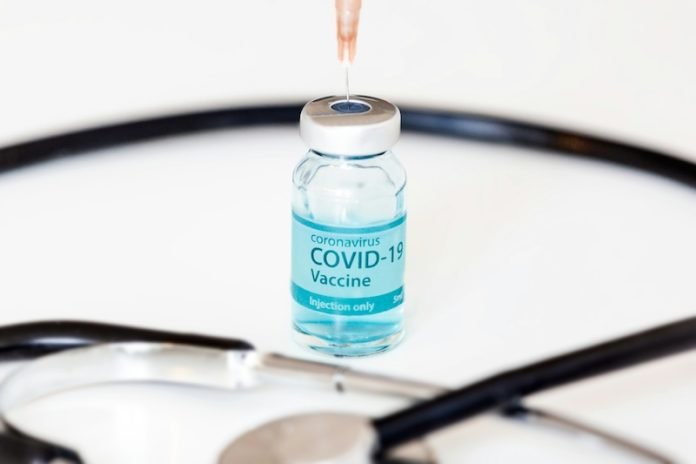
A recent study by the Cleveland Clinic, shared in The Lancet Infectious Diseases, brings hopeful news in the fight against COVID-19.
The research shows that people who got the most up-to-date COVID-19 vaccines were less likely to face serious problems from the virus compared to those who didn’t get vaccinated.
As the virus keeps changing, creating new variants, scientists have been working on updating vaccines and developing treatments to keep up.
The study looked into how the newest versions of vaccines from Moderna, Pfizer-BioNTech, and Novavax, along with antiviral medicines named nirmatrelvir and molnupiravir, can help.
These updates and treatments have made a big difference, especially in keeping people out of the hospital and saving lives from the latest COVID-19 strains.
Researchers analyzed data from over 27,000 patients, aged 12 and up, who tested positive for COVID-19 from September to December 2023.
They found that the new vaccines and antiviral drugs decreased the chance of getting seriously sick from COVID-19 by 31% and 42%, respectively.
This protection was especially important for older people and those with weakened immune systems. The study also noted that these benefits held up across different versions of the virus that causes COVID-19.
Even though the study pointed out some areas where more information is needed, the findings are promising. They highlight how vaccines targeting the XBB.1.5 variant, along with antiviral treatments, are key in controlling the spread and impact of COVID-19.
This research comes at a crucial time, as the world continues to navigate the challenges posed by COVID-19 and its variants. It’s a reminder of the importance of staying up-to-date with vaccinations and the role of new treatments in preventing severe illness.
As we learn more, these tools will remain central in our efforts to protect public health and move closer to ending the pandemic.
If you care about COVID, please read studies about Vitamin D deficiency linked to severe COVID-19, and how diets could help manage post-COVID syndrome.
For more information about COVID, please see recent studies about new evidence on rare blood clots after COVID-19 vaccination, and results showing zinc could help reduce COVID-19 infection risk.
The research findings can be found in The Lancet Infectious Diseases.
Copyright © 2024 Knowridge Science Report. All rights reserved.




